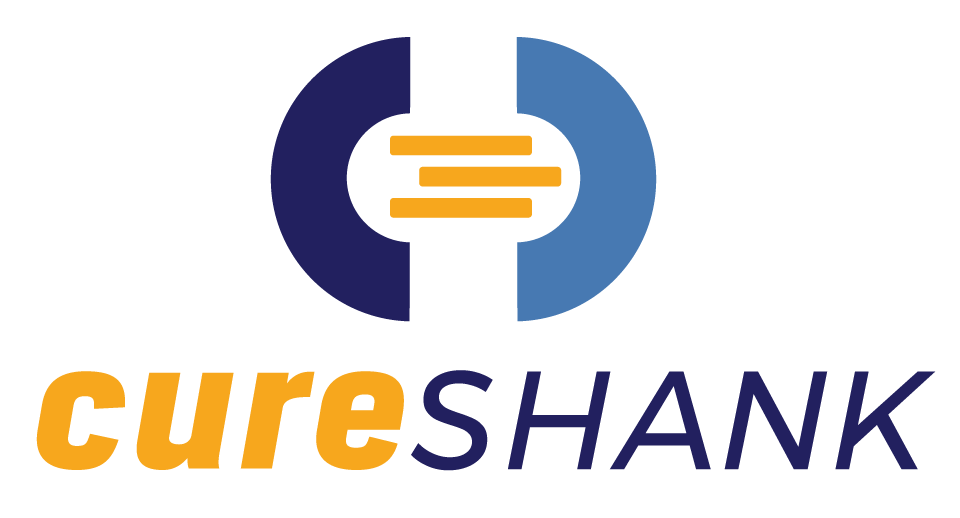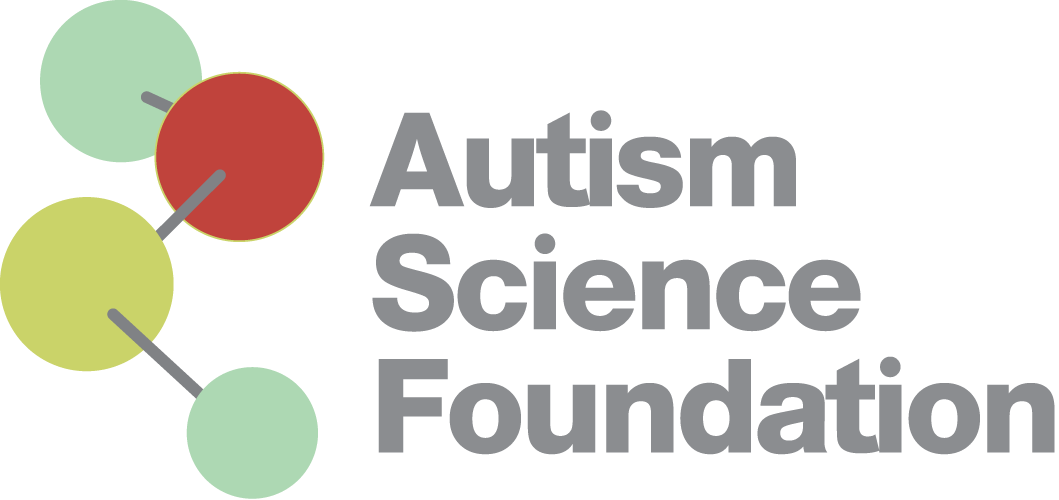Our Research Grants
CureSHANK has dedicated more than $400,000 toward funding research grants in 2023-2024. These grants address some of the highest priority deficits in the translational research gap between basic SHANK3 science and successful clinical trials for individuals living with Phelan-McDermid syndrome (PMS). With continued financial support from our donors, CureSHANK plans to continue and increase our funding of these types of urgently needed research projects.
See our Funding Opportunities page for researchers for other sources of research grants.
The CURESHANK Research-to-cure grant: EPILEPSY ($250,000 total)
On December 1, 2023, CureSHANK announced its Request for Applications (RFA) for the CureSHANK Research-to-Cure Grant: Epilepsy. CureSHANK has committed $250,000 to this project with the intention of funding two or more awards.
The Phelan-McDermid syndrome (PMS) community lives under the long shadow of epilepsy: it is responsible for many of the deaths of both children and young adults with PMS, and it is one of the disorder's most distressing symptoms. Nearly one-third of individuals living with PMS are diagnosed with epilepsy, in many cases refractory (not well controlled by available treatments) and sometimes so severe they are diagnosed with Lennox Gastaut syndrome (LGS). More than 50% will experience at least one seizure by adulthood.
-
On September 27, 2023, CureSHANK convened a meeting of experts on Phelan-McDermid syndrome-related epilepsy at Boston Children’s Hospital Brain Mind Behavior Center at a conference titled “Defining a Roadmap for SHANK3-related Epilepsy Research”. The meeting was jointly hosted by the Rare Diseases Clinical Research Network (RDCRN) Developmental Synaptopathies Consortium and the Rosamund Stone Zander Translational Neuroscience Center at Boston Children’s.
After hearing families describe their experiences with SHANK3-related epilepsy, the researchers collaborated to identify gaps, needs, and challenges in both clinical and basic science. They then developed a set of research priorities and recommendations, which is currently being transposed into a white paper.
To understand the high level of unmet need in the area of epilepsy in Phelan-McDermid syndrome, watch Ethan’s Story and Avenly’s Story, which we shared during our May 2023 “Raising for Research” Fundraiser, during which we raised funds for this research grant.
The CURESHANK Research-to-cure grant: Developmental regression ($125,000 total)
Developmental regression is one of the most heartbreaking symptoms of Phelan-McDermid syndrome (PMS). Nearly all parents of children with PMS have watched helplessly as their child loses skills once mastered. Sometimes this happens gradually and sometimes abruptly; for some it seems triggered by a specific health event, while for others there is no discernible catalyst. It usually happens to younger children, but it can happen anytime during childhood. Occasionally, skills are almost fully restored, but much more commonly, many are never recovered.
-
Relatedly, for individuals living with Phelan-McDermid syndrome, learning new skills is often an ephemeral task: when new skills are acquired, skills previously mastered seem to recede. The presentation is often not unlike Alzheimer’s or senile dementia, but in a child whose brain has not already had decades to establish neural pathways. Some individuals with Phelan-McDermid syndrome no longer appear to even recognize their own family members as distinct from other people.
CureSHANK has committed $125,000 toward the Developmental Regression in Phelan-McDermid Syndrome Grant.
Current status: At present, CureSHANK is engaged in a landscape analysis of the extant research regarding developmental regression in PMS and identifying some specific areas for exploration.
To see the devastation of Developmental Regression in PMS, watch Darus’s Story.
research grant Co-Sponsorships
$40,000 to date
Autism Science Foundation
CureSHANK is helping sponsor two Autism Science Foundation (ASF) Profound Autism Pilot Grants. Most individuals with Phelan-McDermid syndrome are diagnosed with autism and are usually categorized as requiring very substantial support (“Level 3”). Research involving individuals with profound autism is therefore often of high interest to CureSHANK and to the PMS community.
-
Nearly all caregivers of individuals living with Phelan-McDermid syndrome (PMS) report that their loved ones experience sleep dysfunction, often severe enough to require regular medication, and at times very difficult to manage. Those with profound autism and intellectual disability, who also frequently experience sleep problems, have been excluded from autism sleep studies because of the difficulty in studying this population in a lab setting. With a guarantee that PMS patients will be included in the study, we provided $20,000 in funding towards ASF’s project Testing a Novel Device to Study Sleep at Home in Children with Profound Autism. This study, led by Dimitrios Mylonas, Ph.D. at Massachusetts General Hospital, is evaluating the efficacy of a novel device for measuring sleep (and sleep dysfunction) in severe autism at home.
-
Many living with Phelan-McDermid syndrome (PMS) experience neuropsychiatric regression, a phenomenon distinct from developmental regression, which can include catatonia, hyper aggression, and cognitive decline, usually around or after the onset of puberty. We partnered with the Phelan-McDermid Syndrome Foundation (PMSF) and ASF to fund a study led by Sheng-Nan Qiao, Ph.D. at Yale University Modeling Neuroinflammation and Neuropsychiatric Regression in Profound Autism. This is an animal-model study with mice that have a SHANK3 mutation associated with PMS.
Candid
CANDID (Consortium for Autism, Neurodevelopmental Disorders & DIgestive Diseases) is a multidisciplinary collaboration between patient advocacy groups, scientists, clinician, and research organizations that is focused on addressing the common occurrence of gastrointestinal dysfunction in individuals with neurodevelopmental disorders. PMS is no exception: GI issues are cited as a significant challenge by many caregivers of individuals with PMS.
-
CureSHANK was a co-sponsor of the CANDID) Conference in June 2022.
The CANDID conference was the beginning of an effort of scientific workgroups to bring GI issues in these vulnerable populations to the forefront of research so as to increase funding toward the development of new treatments and measures for these problems.



